WIEŚCI Z POKŁADU – Wrzesień 2018
Wrzesień 2018
Pobiertz Newsletter
Sign up!
Sign up to receive 'News from the Deck' newsletter in your preferred language on a monthly basis.
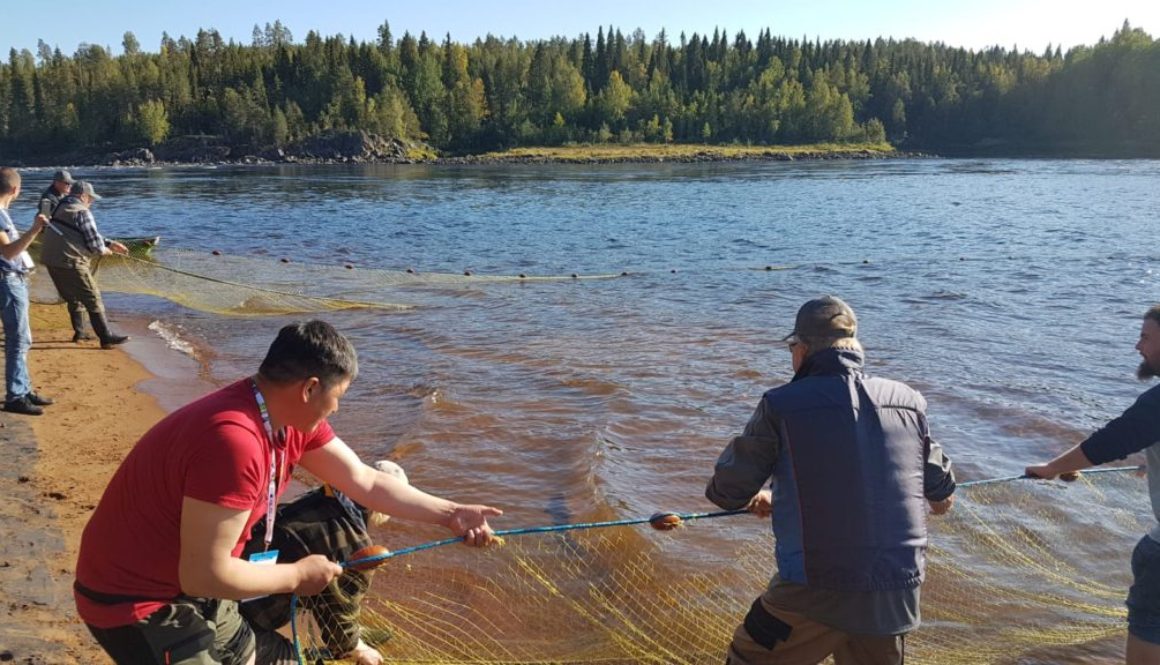

Sign up to receive 'News from the Deck' newsletter in your preferred language on a monthly basis.
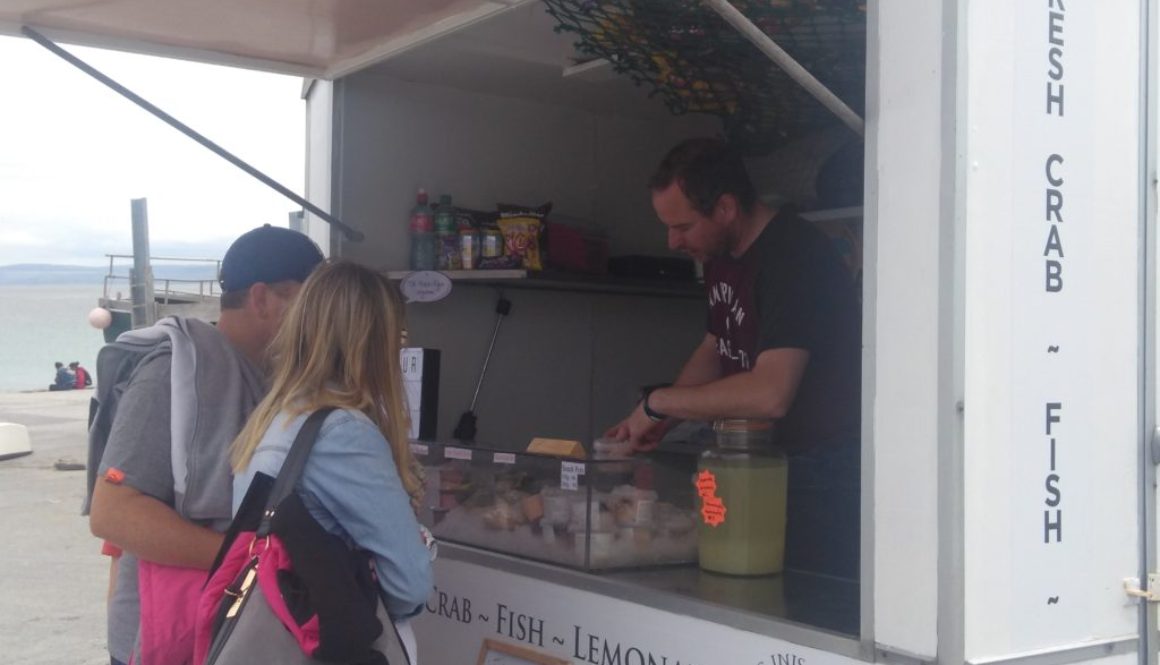

Sign up to receive 'News from the Deck' newsletter in your preferred language on a monthly basis.
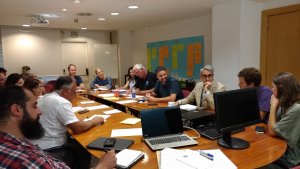
Barcelona, 19th of June 2018
Fishers organisation representatives, public officials, NGOs and other stakeholders met on the 18th in Barcelona, Spain, to formally set up a Focus Group to promote an effective and inclusive form of fisheries governance across Europe based on the approach of co-management.
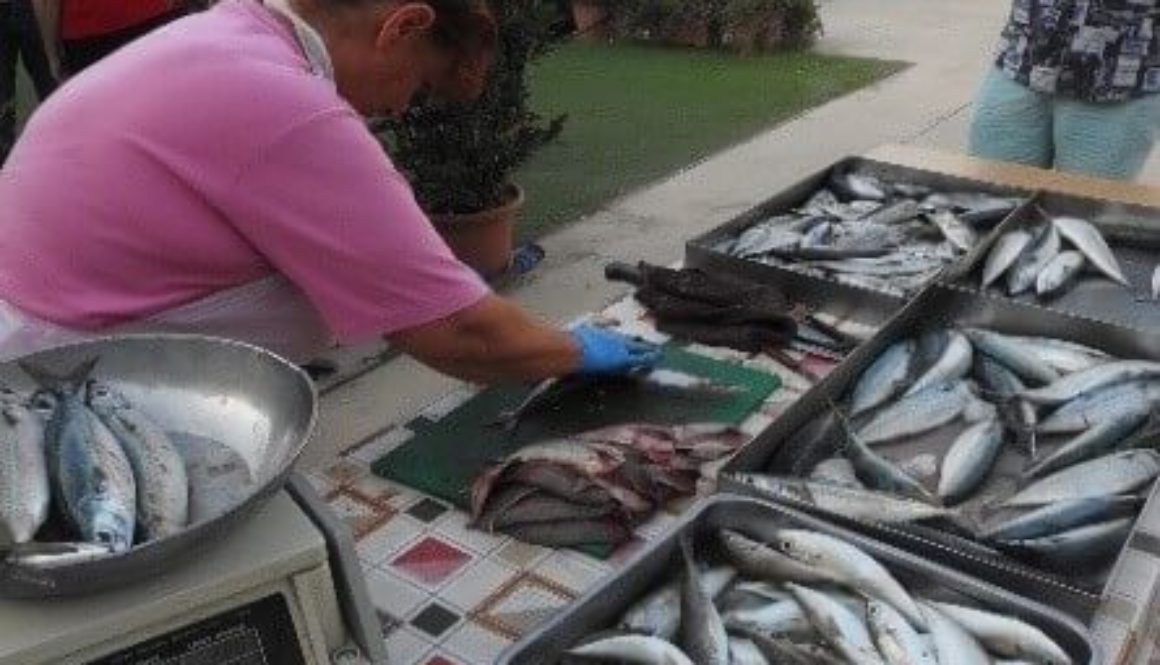
 Czerwiec 2018
Czerwiec 2018
Sign up to receive 'News from the Deck' newsletter in your preferred language on a monthly basis.
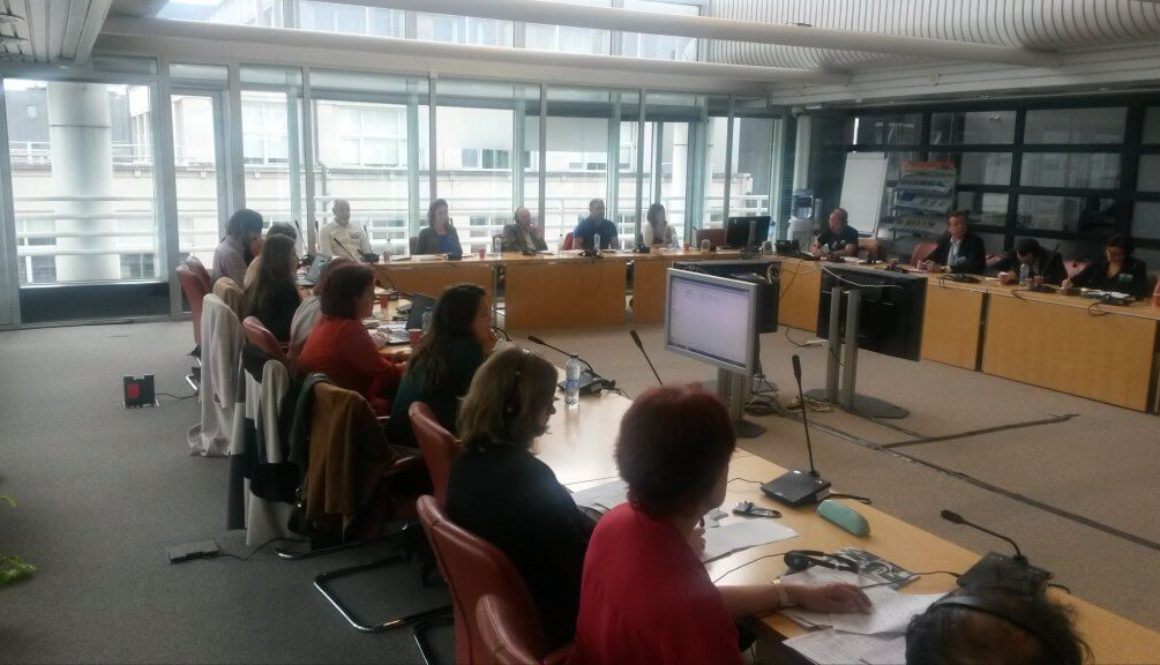
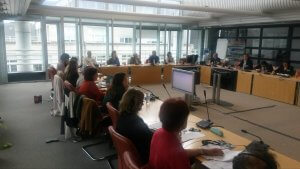
Getting the Governance Right: co-management a powerful tool, not a panacea
Brussels, 25th June 2018
Brian O’Riordan
On Thursday, 7 June, a delegation from the Finisterre coast of Galicia came to Brussels to present their experience with a co-managed fishing reserve over the past decade. The visit was organized by the Fundación Lonxanet and the Costa Sostible FLAG and was hosted by the Low Impact Fishers of Europe (LIFE), Farnet and the European Economic and Social Committee (EESC).
Access the official report of the meeting here
Access the speakers’ presentations here
ESPAÑOL:
Contexto Co-Gestion Os Miñarsoz taller Bruselas 07_06_18
Resumen de la Acta Bruselas 07_06_18
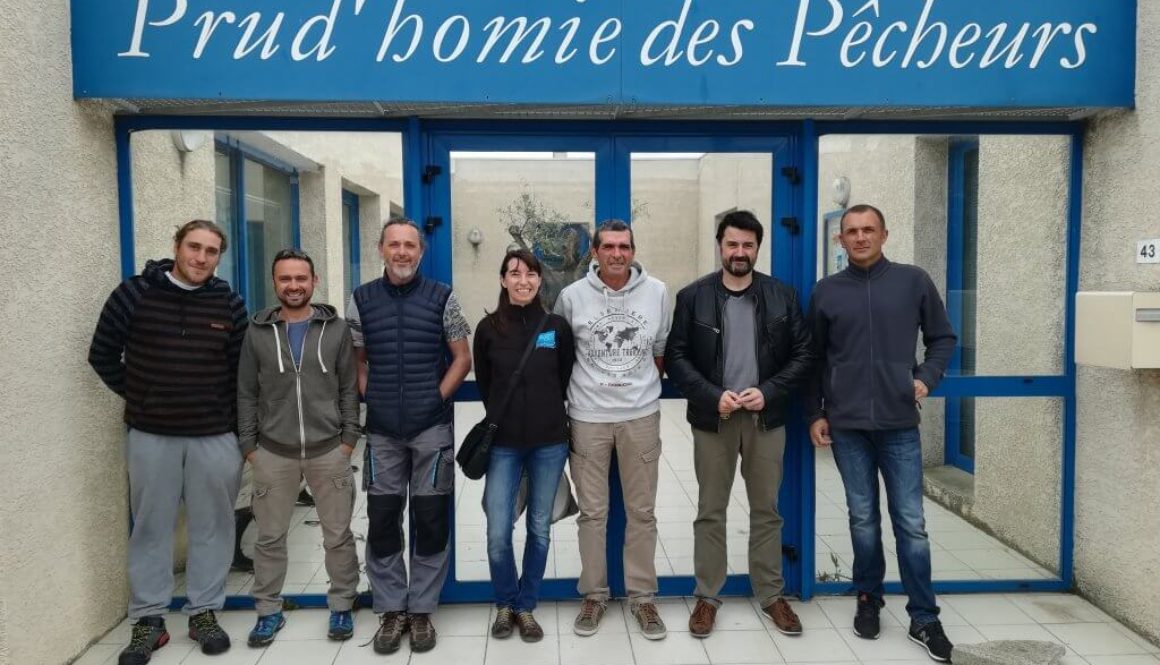
 Maj 2018
Maj 2018
Sign up to receive 'News from the Deck' newsletter in your preferred language on a monthly basis.
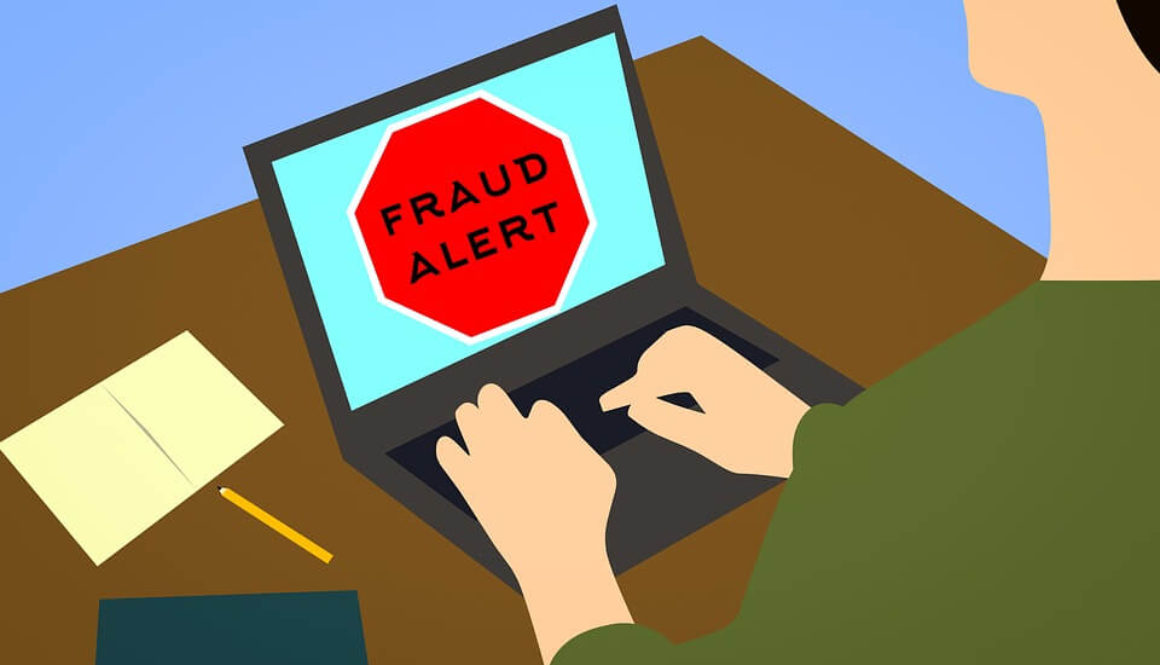
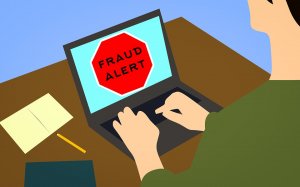
14th of June 2018
23 environmental NGOs and organisations representing fishers from France, Germany, the Netherlands,
and the UK filed a formal request to the European Anti Fraud Office, known as OLAF, to conduct an investigation
into whether fraud has occurred in relation to the Dutch electric trawl fishery.
Access the official PR in English here
23 organisations environnementales et représentants de pêcheurs de France, d’Allemagne, d’Irlande, des Pays-Bas et du Royaume‐Uni demandent à l’Office européen de lutte antifraude (OLAF) d’ouvrir une enquête sur la pêche électrique néerlandaise pour suspicion de fraude.
Accédez au Communiqué de Presse officiel en Français ici
23 milieu-NGO’s en ‐organisaties namens vissers uit Frankrijk, Duitsland, Nederland en het Verenigd Koninkrijk een officieel verzoek ingediend bij het Europese Bureau voor Fraudebestrijding –OLAF– om een onderzoek te starten naar het vermoeden van fraude in de Nederlandse pulsvisserij.
Bekijk hier het officiële persbericht in het Nederlands
23 organizacji ekologicznych i organizacji reprezentujących rybaków z Francji, Niemczech, Holandii i Wielkiej Brytanii złożyło formalny wniosek do Europejskiego Urzędu ds. Zwalczania Nadużyć Finansowych, w skrócie OLAF,
o wszczęcie dochodzenia w sprawie podejrzenia o nadużycia finansowe holenderskich rybaków poławiających prądem.
Uzyskaj dostęp do oficjalnej informacji prasowej w języku Polskim
23 ONG ecologistas y organizaciones de pescadores de Francia, Alemania, Países Bajos, y el Reino Unido han presentado una petición formal a la Oficina Europea de lucha contra el Fraude, la OLAF, para que inicie una investigación ante la sospecha de fraude en la pesca eléctrica neerlandesa.
Acceda al comunicado de prensa oficial en Español aquí
23 Umweltschutzorganisationen und Fischereiverbände aus Frankreich, Deutschland, den Niederlanden und dem
Vereinigten Königreich haben heute beim Europäischen Amt für Betrugsbekämpfung, kurz OLAF, einen förmlichen
Antrag auf Einleitung eines Ermittlungsverfahrens wegen des Verdachts auf Betrug in der niederländischen Elektrofischerei gestellt.
Greifen Sie hier auf die offizielle Pressemitteilung in Deutscher Sprache zu
23 ONG e organizzazioni per la difesa dell’ambiente che rappresentano i pescatori della Francia, Germania, Paesi Bassi e Gran Bretagna hanno presentato una richiesta formale all’Ufficio Europeo per la Lotta Antifrode, conosciuto
come OLAF, affinché conduca un’indagine su una sospetta frode nella pesca elettrica olandese.
Accedi al comunicato stampa ufficiale in Italiano qui
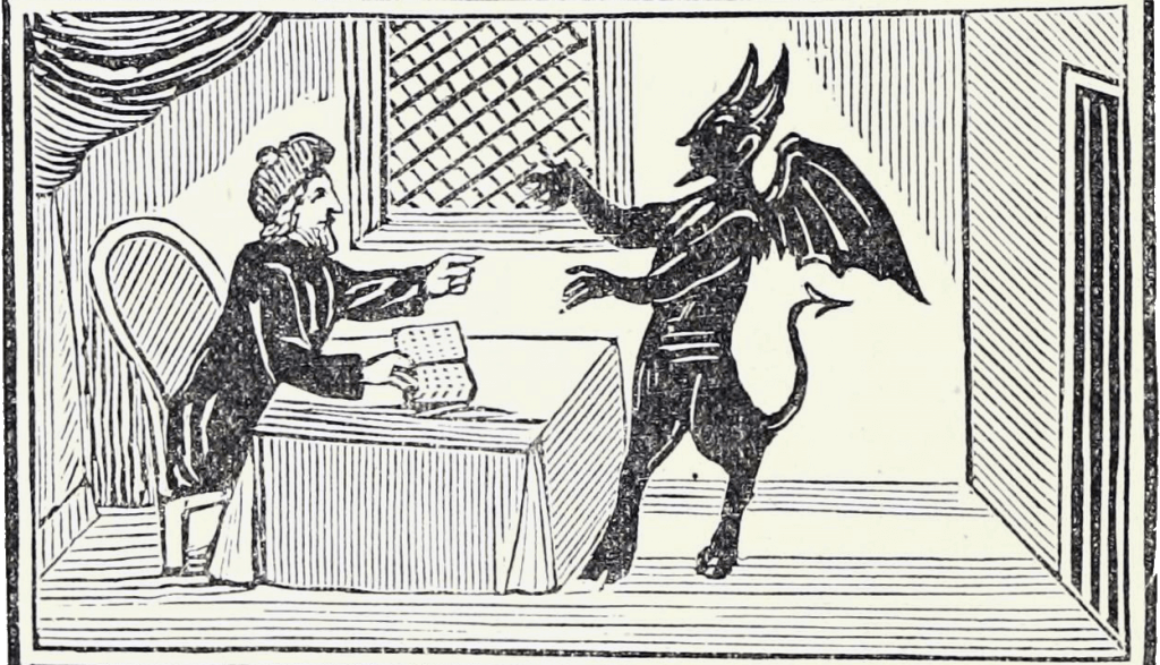
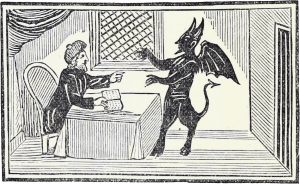
Bristol, 6th of June 2018
Jeremy Percy
The recent proposals by the European Commission, available on the URL: https://eur-lex.europa.eu/legal-content/EN/TXT/HTML/?uri=COM:2018:368:FIN&from=EN together with the background documentation that includes quite a useful Q&A, for details see: https://ec.europa.eu/fisheries/questions-and-answers-%E2%80%93-revision-eu-fisheries-control-system_en pull no punches in describing the EU’s aims for a much “improved” system for the control, monitoring and enforcement of the EU fishing fleet.
The Q&A section illustrates the determination of the Commission to update and reinforce the Control Regulation. Their reasoning, stated in the Q&A section is that “the current Fishery Control System reflects control strategies, methodologies and challenges of more than 10 years ago, and it is not equipped to effectively address current and future needs in terms of fisheries data and fleet control, to match the constant evolution of fishing practices and techniques. It also does not provide the necessary flexibility to take advantage of modern and more cost-effective control technologies and data exchange systems.
Last but not least, the current system does not effectively promote a culture of compliance and significant loopholes have emerged in the implementation of current enforcement rules, which warrant their revision………. An enforcement system with dissuasive, proportionate and effective sanctions is paramount to ensure that the CFP and its conservation measures are complied with”.
Strong stuff! So what will it mean to UK fishermen in general and the small scale fleet in particular?
It means that things are going to change, and change drastically.
In comes electronic reporting for ALL vessels, irrespective of size, vessel tracking will be mandatory, as will the need to report catches BEFORE landing.
Again, from the Proposal: “For the smaller vessels it is nowadays possible to use mobile and other type of tracking devices, which are affordable and easy to use. Also, all catches should be accounted for and reported electronically, irrespective of the vessel’s size and of the amount of fish caught.
Paper-based reporting will therefore be phased out and current derogations removed.
The proposal remains however, technologically neutral, insofar as it avoids prescribing the use of any specific technology. Specific applications will need to be tailored to the different needs and actors keeping in mind that interoperability is necessary.
All provisions will be in one single act: the Control Regulation. The enforcement system will allow fishermen to be treated equally across the EU, irrespective of the Member State where they operate or land”.
So we are all going to be treated equally across the EU although there is clearly going to be wriggle room for each member state to tailor their own systems. Good luck with that!
In a similar vein, the current derogation for not reporting catches of under 50kg will go [the EU reckons that this permits the landing of up to 350,000 tons of fish across the EU that go unreported!]. It does appear however that the current allowance for the sale of fish direct to private buyers will remain: [“Traceability rules do not apply in the case of small quantities of fishery products sold directly from fishing vessels to the consumers”]
New rules for the reporting of lost gear are proposed: “Reporting of the loss of fishing gears will be done through the so-called fishing logbook, which will be submitted electronically to the competent authorities. Since the loss of fishing gear can concern any category of fishing vessels, irrespective of its size, the reporting via the logbook will have to be done by all categories of vessels. All vessels will also have to carry on board the equipment necessary for the retrieval of lost gear”.
This element appears to introduce a requirement by the back door for the registration of how much gear a fisherman carries and sets, as well as how much is lost and recovered or otherwise, irrespective of whether it’s a trawl, longline, pot of net.
So just how much of a level playing field there will be remains to be seen, not just across member states but also within them, as it is clear that current ‘enforcement’ varies significantly depending on where you fish from.
And if you think the proposals are going to cause problems for and generate resistance from commercial fishermen, it is likely to be nothing like as vociferous as that that will come from the recreational sector who are going to be registered and licensed on the basis that: “There are an estimated 8 to 10 million recreational fishermen in the EU, but catches from recreational fisheries are today still largely unaccounted for because of lack of proper control measures”. Member states “……will be able to the collect reliable data on catches and practices”. And just who is going to monitor and enforce all these millions of anglers, scattered along the coastlines of Europe is also going to be a “challenge” if it is actually possible in the first place.
The list of serious infringements will be updated and doled out irrespective of the size of vessel or the amount of fish involved so on that basis, we can assume that it won’t matter if you have one fish over, or a thousand tons, the penalty will be the same?
Oh, and there will be CCTV on boats that have a specific level of discard risk.
These proposals, and they are only proposals at his stage, will generate huge concerns in relation to the clear aim of the Commission to get tough on compliance. Just how much of the technology will actually work remains to be seen. It will require a whole new system of electronic reporting structures that vitally will need to be able to talk to each other and to the central servers at local, national and EU levels and that is not something that is even available at present. The amount of data that will be flying through the ether will be enormous, especially when you consider the amount of commercial and recreational activity on any given day. Just who is going to have the time and resources to actually look at this level of information remains to be seen.
And will Brexit save UK fishers, commercial and recreational, from these new requirements? Don’t bet on it!
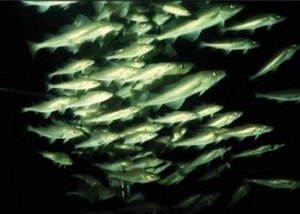
Warsaw, 6th of June 2018
Marcin Ruciński
On 31 May, ICES have released their annual catch advice for the main stocks in the Baltic Sea, which will guide decision-makers in negotiations of fishing opportunities for 2019. LIFE takes a first look at ICES recommendations, on the basis of initial views and comments provided by our Members. We will come with more suggestions later, as our internal discussions progress.
Cod: a tale of two crises
The Eastern Baltic cod is now clearly in a state of deep crisis and far-reaching measures are needed. The stock suffers from many difficulties, among which scientists enumerate: illegal and unreported discards, continuing despite a comprehensive ban, mobile gear modifications leading to high levels of undersized fish in catches, food deprivation caused by intensive pelagic effort in the cod distribution area, anoxic areas inhibiting spawning in areas other than Bornholm Deep, lack of large fish in the stock to positively impact spawning success and the impact of an increasing grey seal population. The TAC has not been fully taken since 2010 and has no limiting effect on the fishery. It is clear that managers will need to look for solutions outside the usual toolbox to help cod turn the corner. These should include:
LIFE is now in the process of elaborating detailed suggestions for this crucial stock in the form of an Action Plan.
The Western Baltic cod stock and allied advice show clear signs of improvement after the 2016 crisis, on the basis of the strong 2016 year-class and high stock productivity assumed by ICES using the relatively high “breadth” of Fmsy ranges. However, the 2016 year-class is surrounded by two years of very low recruitment in 2015 and 2017; the last of them is the lowest on record. Being precautionary when it comes to the level of TAC increase is thus an absolute priority.
Herring: a tragic surprise in the West, declining stock in the East
The Western Baltic herring stock advice is a tragic surprise, especially in view of a good spring fishing season for this stock that has just finished. Livelihoods of many small-scale fishermen who depend on this stock are directly threatened as a result of zero catch advice. We note that as a result of advice benchmarking this year, the key stock reference points (Blim, MSY Btrigger) have been revised upwards. This needs to be properly explained, given that the recruitment and SSB estimates in the advice have been revised downwards.
Further East, the Central Baltic herring stock is also not doing well, as is confirmed by the disappointing results of the herring season, at least in coastal waters. Also here, a dependence on the 2014 year-class is a reason for concern.
Sprat
ICES advises that a spatial management plan is considered for the fisheries that catch sprat and LIFE strongly agrees with this advice. It is high time that at least a good part of fishing effort on sprat be moved north of the Subdivisions 25-26, which can easily be done by simple quota management solutions. Overcoming the cod food deprivation scenario is a major concern for the Baltic ecosystem as a whole and must be a priority for the managers.
All stocks
When applying the necessary cuts, managers should bear in mind the need to provide sufficient quotas to the small-scale, low impact fishing communities, which depend on their traditional fishing grounds and do not, unlike their larger brethren have the ability to simply steam away to other fishing grounds.
Ecosystem overview: a very useful tool that needs further elaboration
We thank ICES for giving the traditional yearly advice a context going beyond just the mathematical models and MSY- or precautionary approach-based numbers and issues related to these. In addition to placing fisheries within the wider ecosystem, it is also important for decision-makers to locate fisheries as an integral part of a wider maritime sector and Blue Economy development actions. Within this approach, small-scale fisheries and its role in providing livelihoods and contributing to the economy and cultural heritage of local coastal communities across the Baltic Sea needs to be spelled out and understood more clearly.
LIFE is grateful to ICES for reminding everyone that the fishing effort with gillnets may be a problem for certain water bird species, if not properly addressed at a regional or local level, in a correct temporal and spatial context. We are ready to work together with ICES to help to positively deal with the issue by looking for solutions that are best tailored to the needs of local ecosystems and fishing communities they support. Some of our Members can share examples of cooperative approaches successfully used in practice elsewhere, in the Baltic Sea and beyond, which could be a useful inspiration. For example, a new pinger system tested in cooperation with fishers in German waters decreased by-catch of porpoises more than 70 %.
We are also ready to expand our close cooperation with BirdLife International[1] to address the issues mentioned. We would also be grateful for a cooperation with ICES to look at the data on the actual gillnet fishing effort, given its recent and marked decline in many Baltic small-scale fishing communities.
We find it much more worrying though that ICES’s Ecosystem Overview makes no mention whatsoever of the impact of certain predators, in particular grey seal and black cormorant, on fish stocks and particularly small-scale fisheries across the Region. There are a number of initiatives to find constructive solutions to this important issue which weighs heavily on many Baltic small-scale fishing communities[2], This should also have been referenced in the ICES document.
[1] Our joint letter available here https://lifeplatform.eu/wp-content/uploads/2017/11/JointLetter-BirdLife-LIFE.pdf
[2] Records of the recent discussions on the predators’ impact question can be found here (BSAC) http://www.bsac.dk/getattachment/Meetings/BSAC-meetings/Executive-Committee-and-sub-group-on-ecosystem-bas/BSACreportEBMsubgroup031017EXCEPTSALMONFINAL.pdf.aspx?lang=en-GB , point 2 and here (HELCOM) https://portal.helcom.fi/meetings/FISH%208-2018-509/MeetingDocuments/Outcome%20of%20FISH%208-2018.pdf , points 7.9.-7.12. Furthermore, a transnational cooperation project implemented by FLAGs https://balticfisheries.com is worth noting